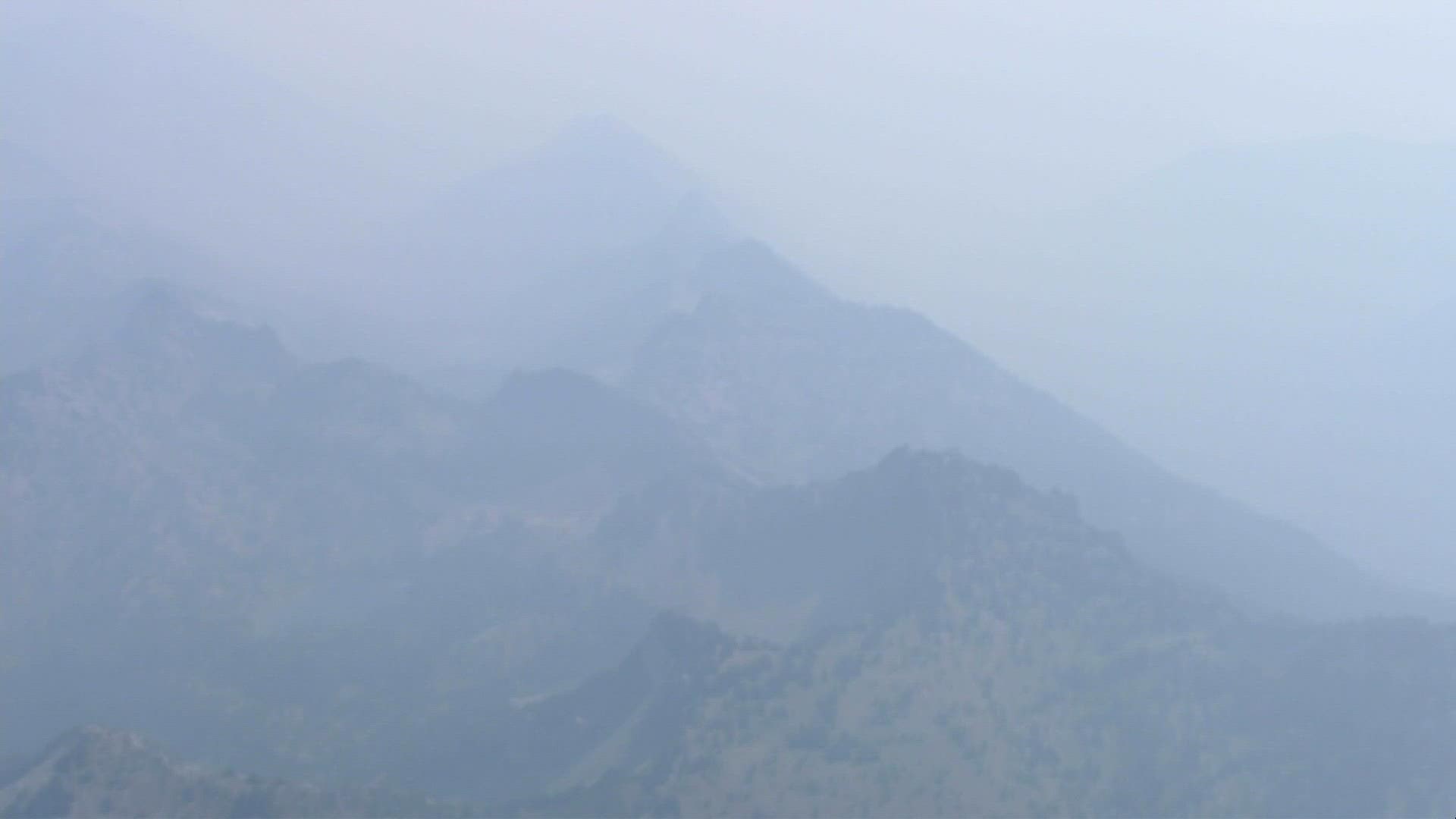SEATTLE — Scientists have warned for years that the effects of climate change will impact our health, even beyond weather-related disasters.
In 2019, while the Natural Resources Defense Council released a study that showed 245 people died from 2012's wildfire smoke, young activists like Jamie Margolin from Seattle were also pointing out another health issue: climate anxiety.
"It's really hard to grow up on a planet full of ifs," she told the Associated Press.
Margolin and a number of other mostly young people are what psychologist Dr. Thomas Doherty refers to as “climate hostages.”
In Washington, scientists have recently said the snowpack in the Olympic and Cascade mountain ranges could be completely gone by the 2080s, and work is already taking place in the Yakima River Basin to prepare for the loss of snowpack. Winemakers across the state have also said they’re finding it harder and harder to keep their crops amid extreme temperatures.
Mentally, these imminent and long-term effects make some individuals feel trapped. Doherty uses the phrase “climate hostage” to explain this feeling. He told KING 5 the term is “meant to capture the pressure that people feel kind of trapped between their desires for a better world for themselves and their community in terms of sustainability.”
Doherty, who counsels and practices “ecopsychology” in Portland, believes nature has healing powers and helps his patients develop a stronger bond with the natural world while also working through the anxiety they might have over the harm humans have caused.
“A lot of these climate and environmental concerns just affect our nervous system, just like any other concern, like economic concerns or family concerns, so we get a stress reaction on our body,” he said.
Doherty said that basic stress reduction techniques, like mindfulness and exercise, can help relieve climate anxiety and help those feeling like “hostages” cope with uncertainty.
Additionally, Doherty said that a healthy lifestyle involves a relationship with the outdoors and that his clinical work involves looking for a lapse in this relationship.
“The climate and eco stressors are unique because they kind of cut across all kinds of aspects of our lives,” Doherty said, adding that these stressors are amplified by their being out of our control and at such a large scale.
Even considering a doomsday scenario, Doherty says there is still the chance for hope.
“We’ll have the ability to make changes, and also our systemic ability to cope with climate impacts is growing day by day,” he said. “So, I think it’s a question of hope in the sense of one’s highest vision of the possible, having a vision of the possible that includes these problems, but also how we're going to adapt, how we're going to overcome, how we're going to contribute to some solutions.”

